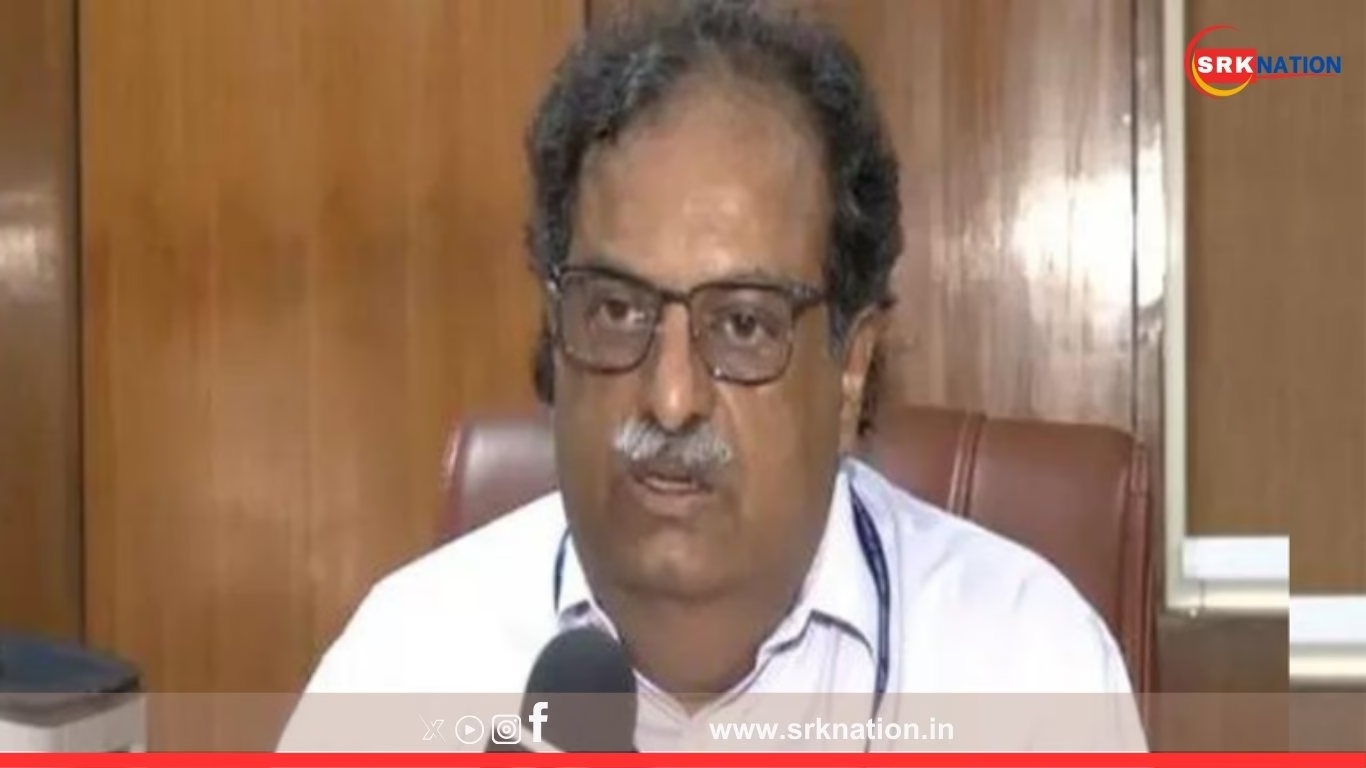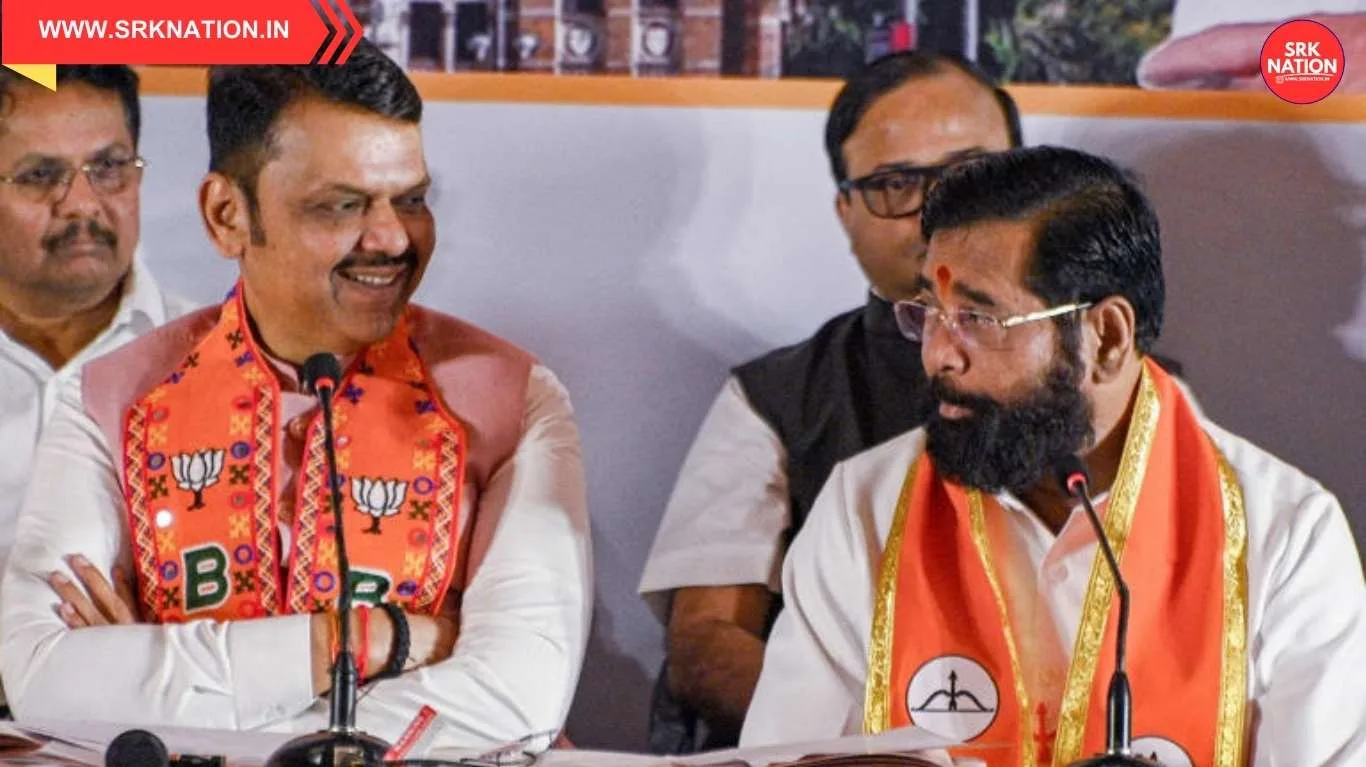In a major administrative development amid ongoing controversies, India’s apex medical education regulator has appointed a new chief as it grapples with the ‘assessment reports scam’ that has rocked the credibility of its accreditation and inspection mechanisms. The National Medical Commission (NMC), which oversees approval, regulation, and inspection of all medical colleges and courses in India, announced the appointment of Dr. B.N. Gangadhar as its new Chairman.
What is the assessment reports scam?
The scam, first flagged in internal vigilance reviews and later by external investigations, involves allegations of fabricated and manipulated assessment reports for inspections of medical colleges. These reports are crucial to grant permissions for new colleges, increase seats, or continue recognition.
Key allegations include:
- Ghost inspections where reports were allegedly filed without actual physical verification.
- Bribes and lobbying by private medical colleges to get favourable assessments despite infrastructural deficiencies.
- Fabricated faculty data with false attendance and qualification records.
The Health Ministry had directed an urgent probe into these allegations after multiple stakeholders including student bodies, state medical councils, and Parliament committees raised concerns about the credibility, transparency, and fairness of medical assessments under the current regulatory structure.
| Scam Details | Information |
|---|---|
| Nature | Fabricated inspection and assessment reports |
| Impact | Medical colleges granted permission without required facilities |
| Alleged beneficiaries | Multiple private colleges in Uttar Pradesh, Rajasthan, Tamil Nadu, Karnataka |
| Status | Under Health Ministry investigation |
Who is Dr. B.N. Gangadhar?
Dr. Gangadhar, a reputed psychiatrist, was previously the Director of NIMHANS, Bengaluru, India’s premier mental health and neurosciences institute. Known for his administrative acumen and strong academic record, he brings decades of experience in clinical research and institutional governance.
His appointment is expected to:
- Restore institutional credibility amid corruption allegations.
- Ensure robust inspection mechanisms with digital transparency layers.
- Rebuild stakeholder trust by restructuring assessment committees.
| Profile Snapshot | Details |
|---|---|
| Name | Dr. B.N. Gangadhar |
| Profession | Psychiatrist |
| Past roles | Director, NIMHANS Bengaluru; Member, NMC Medical Education Board |
| Key expertise | Mental health policy, institutional management, clinical research |
Challenges ahead for the new chief
Dr. Gangadhar’s immediate challenges include:
- Cleansing the inspection ecosystem: Overhauling assessment committee structures to eliminate conflict of interest and corruption-prone processes.
- Implementing digital tracking: Rolling out real-time GPS tracking of inspections and live video uploads to ensure physical verification.
- Addressing legal implications: Coordinating with the Health Ministry, Central Vigilance Commission, and CBI in ongoing probes to ensure accountability.
- Strengthening academic standards: Ensuring reforms to align Indian medical education quality with global standards as the country scales up medical seat capacity rapidly.
Stakeholder reactions
Medical professionals have welcomed the appointment, calling it a much-needed step towards restoring credibility.
Dr. Ramesh Kumar, President of the Indian Medical Association (IMA), said:
“We are hopeful that Dr. Gangadhar’s appointment will bring transparency and accountability. The assessment scam has dented the profession’s image, and strict reforms are needed.”
Students’ associations urged swift reforms to protect academic standards:
“Fake assessments allow colleges without basic facilities to operate, putting students’ futures and patient safety at risk,” said a spokesperson of the All India Medical Students Association.
Government’s regulatory overhaul plans
Amid the scam revelations, the Health Ministry is considering:
- Centralised digital faculty verification linked to Aadhaar for attendance validation.
- Rotation policy for assessors to minimise familiarity-driven bias.
- Live streaming of assessments to ensure authenticity.
- Whistleblower protection frameworks for faculty and students to report malpractices.
Implications for India’s medical education sector
The scandal comes at a time when India is rapidly increasing its MBBS seat count to address doctor shortages. However, quantity without quality threatens patient safety and global recognition of Indian medical degrees. If the assessment manipulation is not rooted out, graduates may emerge with inadequate training, burdening the already strained healthcare system.
International concerns
Medical councils in countries such as the UK, US, and Australia monitor Indian regulatory developments closely, as large numbers of Indian graduates pursue international licensing exams. The scam may affect:
- Global recognition of certain college degrees.
- Visa processing delays for students from flagged institutions.
- Future institutional collaborations with reputed international universities.
Key data
| Year | Number of medical colleges in India | Total MBBS seats |
|---|---|---|
| 2014 | ~387 | ~51,000 |
| 2023 | ~706 | ~108,000 |
(Source: Official NMC data)
The doubling of capacity requires proportionate strengthening of assessment quality, failing which the system risks reputational damage.
The road ahead
The coming months will be crucial for Dr. Gangadhar as he balances:
- Short-term damage control: Coordinating with investigation agencies to address legal liabilities.
- Medium-term systemic reforms: Implementing digital and process-based transparency.
- Long-term academic strengthening: Ensuring faculty quality, infrastructure upgradation, and updated curriculum integration for future-ready medical graduates.
Conclusion
The appointment of Dr. B.N. Gangadhar as the new NMC chief is a strategic move by the government to stabilise India’s medical regulatory ecosystem in the wake of the assessment scam. It signals an intent to prioritise quality and transparency in medical education approvals, with patient safety and global credibility at stake.
Disclaimer: This news article is based on publicly available information, official announcements, and stakeholder statements. It does not constitute legal, investment, or professional advice. Readers are advised to refer to government notifications for formal updates and developments.











